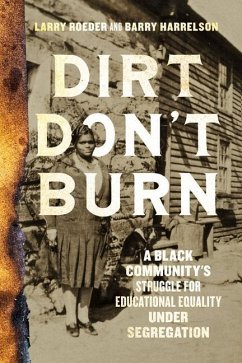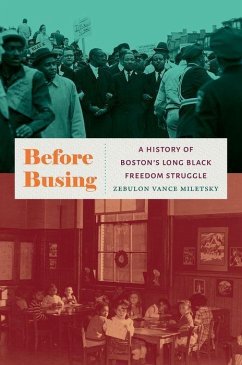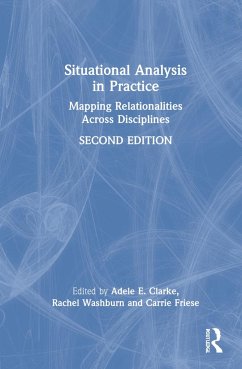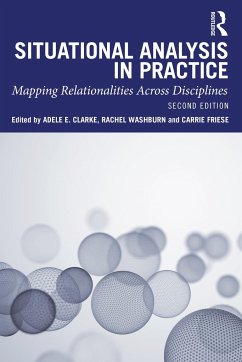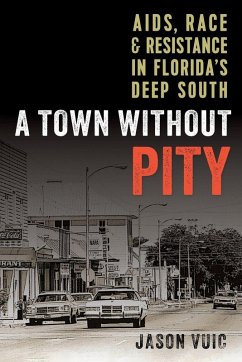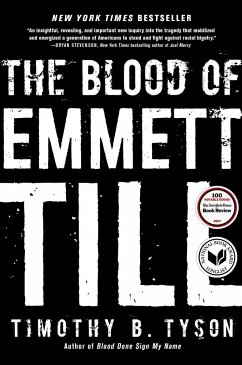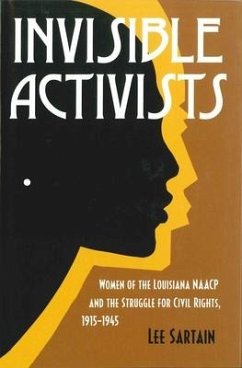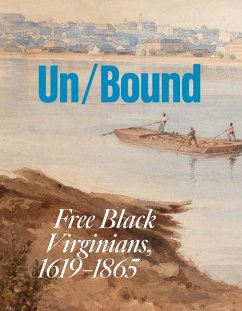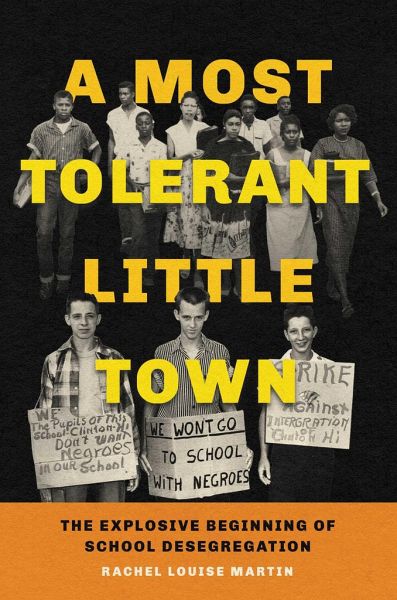
A Most Tolerant Little Town
The Explosive Beginning of School Desegregation
Versandkostenfrei!
Versandfertig in 2-4 Wochen
38,99 €
inkl. MwSt.
Weitere Ausgaben:

PAYBACK Punkte
19 °P sammeln!
"An intimate portrait of a small Southern town living through tumultuous times, this propulsive piece of forgotten civil rights history-about the first school to attempt court-ordered desegregation in the wake of Brown v. Board-will forever change how you think of the end of racial segregation in America. In graduate school, Rachel Martin volunteered with a Southern oral history project. One day, she was sent to a small town in Tennessee, in the foothills of the Appalachians, where locals wanted to build a museum to commemorate the events of August 1956, when Clinton High School became the fir...
"An intimate portrait of a small Southern town living through tumultuous times, this propulsive piece of forgotten civil rights history-about the first school to attempt court-ordered desegregation in the wake of Brown v. Board-will forever change how you think of the end of racial segregation in America. In graduate school, Rachel Martin volunteered with a Southern oral history project. One day, she was sent to a small town in Tennessee, in the foothills of the Appalachians, where locals wanted to build a museum to commemorate the events of August 1956, when Clinton High School became the first school in the former Confederacy to undergo court-mandated desegregation. After recording a dozen interviews, Rachel asked the museum's curator why everyone she'd been told to gather stories from was white. Weren't there any Black residents of Clinton who remembered this history? A few hours later, she got a call from the head of the oral history project: the town of Clinton didn't want her help anymore. For years, Rachel Martin wondered what it was the white residents of Clinton didn't want remembered. So she went back, eventually interviewing sixty residents-including the surviving Black students who'd desegregated Clinton High-to piece together what happened back in 1956: the death threats and beatings, picket lines and cross burnings, neighbors turned on neighbors and preachers for the first time at a loss for words. The national guard had rushed to town, followed by national journalists like Edward Murrow and even evangelist Billy Graham. And still tensions continued to rise... until white supremacists bombed the school. In A Most Tolerant Little Town, Rachel Martin weaves together a dozen disparate perspectives in an intimate and yet kaleidoscopic portrait of a small town living through a tumultuous turning point for America. The result is a propulsive piece of forgotten civil rights history that reads like a ticking time bomb... and illuminates the devastating costs of being on the frontlines of social change. You may have never before heard of Clinton-but you won't be forgetting the town anytime soon"--




